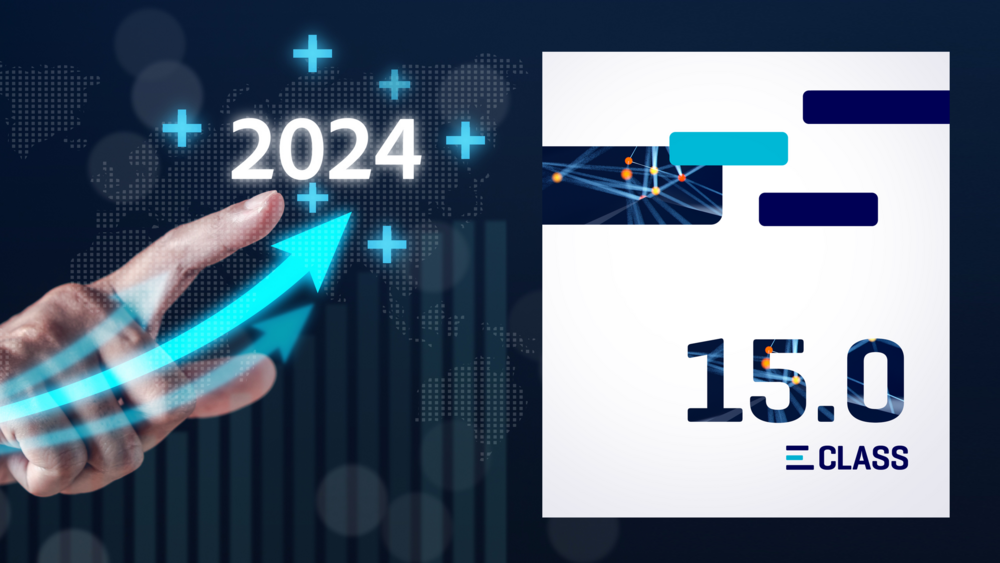The answer seems simple: the ECLASS association develops the Standard and publishes a new ECLASS Release every year. (The next one is scheduled for the end of November 2024).
The association consists of international companies and associations that send their company representatives to the standardization process. In addition, many experts from product development, industry and trade are actively involved in the development of the ECLASS Standard, for example by submitting Change Requests. These Change Requests to introduce or revise new content are free and are submitted through the Content Development Platform (CDP). You do not need to be an ECLASS member to submit a Change Request.
The Change Requests are reviewed and processed in a transparent manner, in accordance with internationally established Standards, by the ECLASS Expert Groups,
the ECLASS Developers Community, and ECLASS CRD members in the ALPHA and BETA versions. The Expert Groups are comprised of representatives from industry, trade and associations, ensuring that all stakeholders have an opportunity to contribute to the ongoing development of the ECLASS Standard.
To ensure the high quality of the Standard, all Change Requests are technically checked for consistency and conformity against the ECLASS Business Rules. Only error-free Change Requests are included in the release.
Specific content for the ECLASS Standard is developed in working groups. This includes, for example, the important extensions for the Battery Pass or the harmonization with APPLiA and the buildingSmart Data Dictionary (bSDD). The working groups are not a permanent body of the association, but are composed of dedicated experts as needed to further develop the content of the Standard in specific segments.
The most important committee of association for further development of the Standard is the ‘‘Center for Research and Development“ or ‘‘CRD“ for short. The CRD is responsible for the technical development and control of the ECLASS Standard, for example the data structure or the data model. Member company representatives work closely with users to make important and forward-looking decisions about the innovation and sustainability of the ECLASS Standard, as well as its integration and harmonization with other standards.
It quickly becomes clear that the ECLASS Standard is “made” by its users: The member companies and their representatives, the experts inside and outside the association, and the numerous users who contribute their knowledge in the form of Change Requests.
The new Release 15.0 has already received approximately 275,000 Change Requests until the BETA version. The publication of ECLASS Release 15.0 is planned for the end of November 2024.


